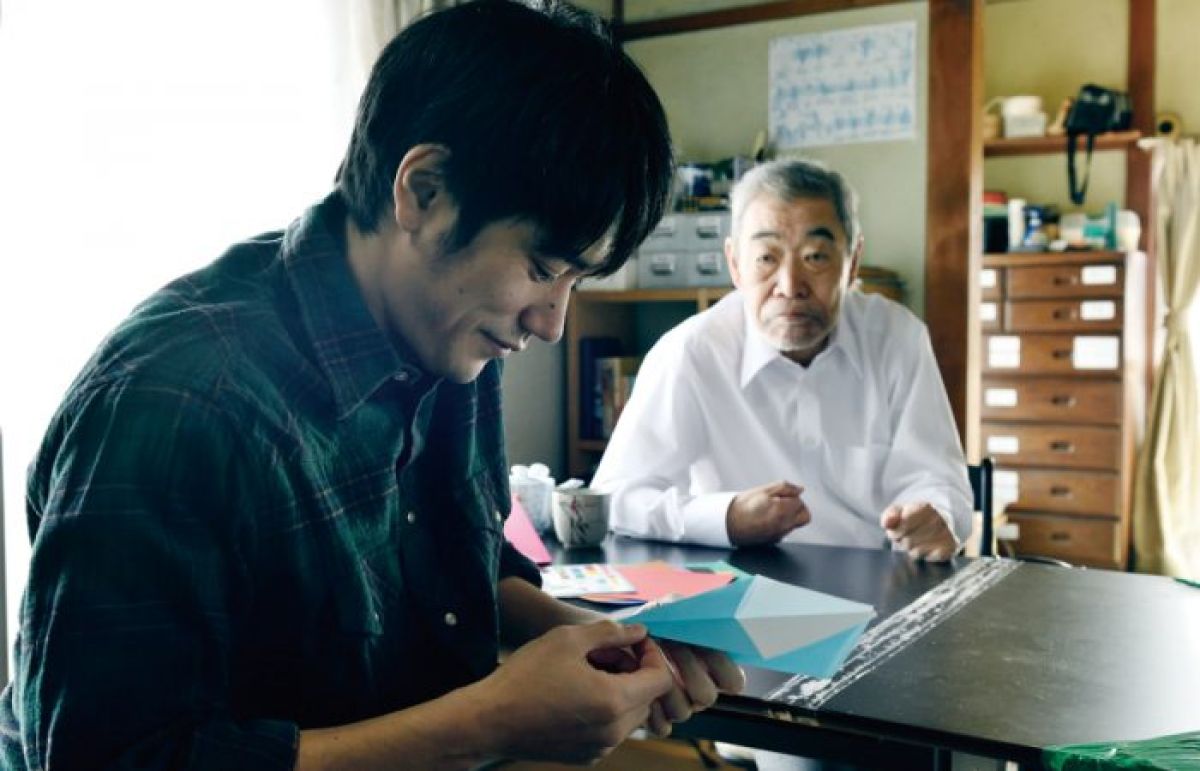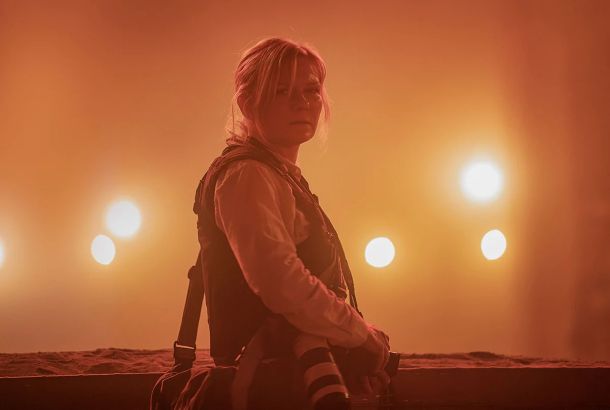Do Unto Others review: A harrowing look into the unjust world of elderly care

Prior to watching Tetsu Maeda’s film Do Unto Others, I had no idea what the film was going to be about, and my expectations were modest. As a moviegoer, I don’t read reviews beforehand and like to watch films literally and figuratively in the dark (if you get my drift). But in truth, nothing could have prepared me for the 114 minutes of cinematic mastery I was about to witness, nor how it totally shifted my perspective on life. Do Unto Others is that good.
It begins as your run-of-the-mill whodunit movie. Local detective Hidemi Otamo (exquisitely played by Masami Nagasawa) and her assistant Kota Shiina (Oji Suzuka) are charged with investigating the deaths of an elderly man and the manager of a homecare service. However, this quickly balloons as they uncover the serial killing of 42 elderly patients of the homecare service. After a subsequent revelation, another shift occurs as the film transitions to a courtroom drama laced with domestic themes.
Do Unto Others devastatingly and forensically deals with themes of the choices we make and don’t get to make, consent, and the morality/motive behind those choices. It successfully dramatises differing points of view (e.g. the individual versus state) on sensitive and highly relevant topics to Japanese society.
In Do Unto Others, Maeda is concerned with exploring social inequality and the failings of the Japanese care system. An inept duty of care is offered by the state to the elderly in Japan (according to the programme notes, as of last year, 29% of Japan’s population was aged 65 or older). The film follows how these government failings can compel an individual caring for their loved one – as we see in the film with Shiba and his father – to resort to desperate and horrific acts (such as killing their loved ones), as a means of ending the day-to-day suffering experienced by both.
One of the most distressing yet impactful scenes occurs as Shiba is attempting to justify his actions to Otamo, when we are given a heart-wrenching montage of Shiba caring for his ailing father, going to the government support service and being refused, coarsely told to work more hours (even though we see that he already is). This culminates in one final frenzied episode from his father that takes Shiba over the edge, to the point where he (and I emphasise his plight) cannot cope physically, emotionally or psychologically.
There is a very poignant line spoken by Shibo to Otamo which is, to paraphrase, “The only difference between you and me is that you don’t have to go through what I have gone through.” For me, it’s so striking to think about what would happen if these two characters swapped places- would Otamo do the same?
Indeed, both characters are in similar situations, whereby one of their parents requires care. But whilst Otamo has the privilege, the safety net, of placing her mother in a care home, Shiba does not, and that’s the main difference between them.
There’s so much more I wish to say about this film, but for fear of spoilers, all I would say is whether you have cared for somebody before or not, there is so much to be gained from this film. Do Unto Others is a film about care, compassion, humanity, pain and empathy.
5/5
Do Unto Others screened as part of the Japan Foundation Touring Programme at HOME Cinema







